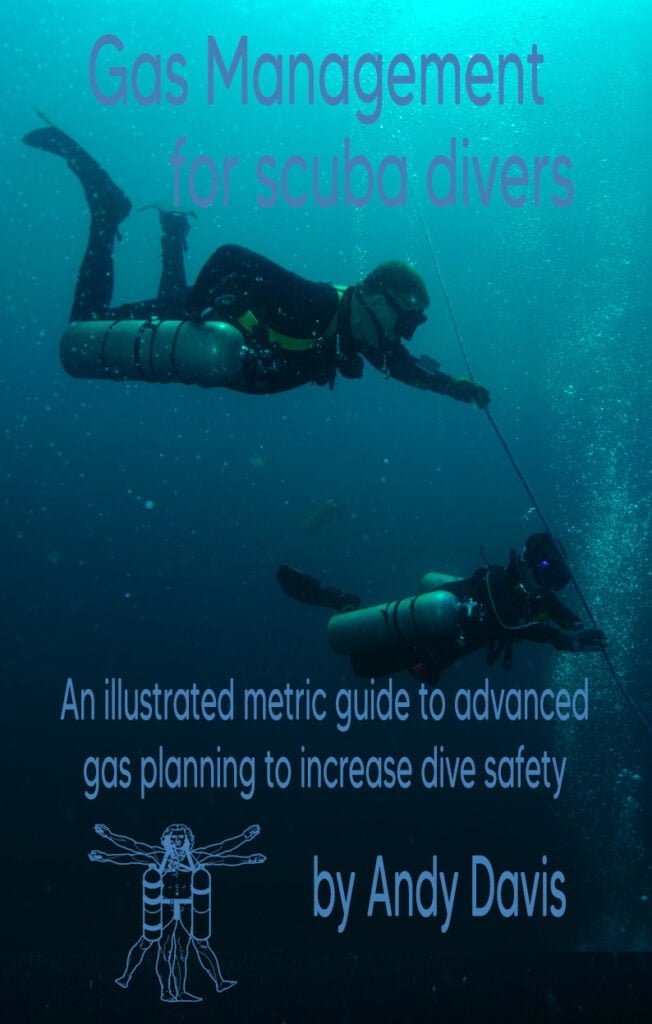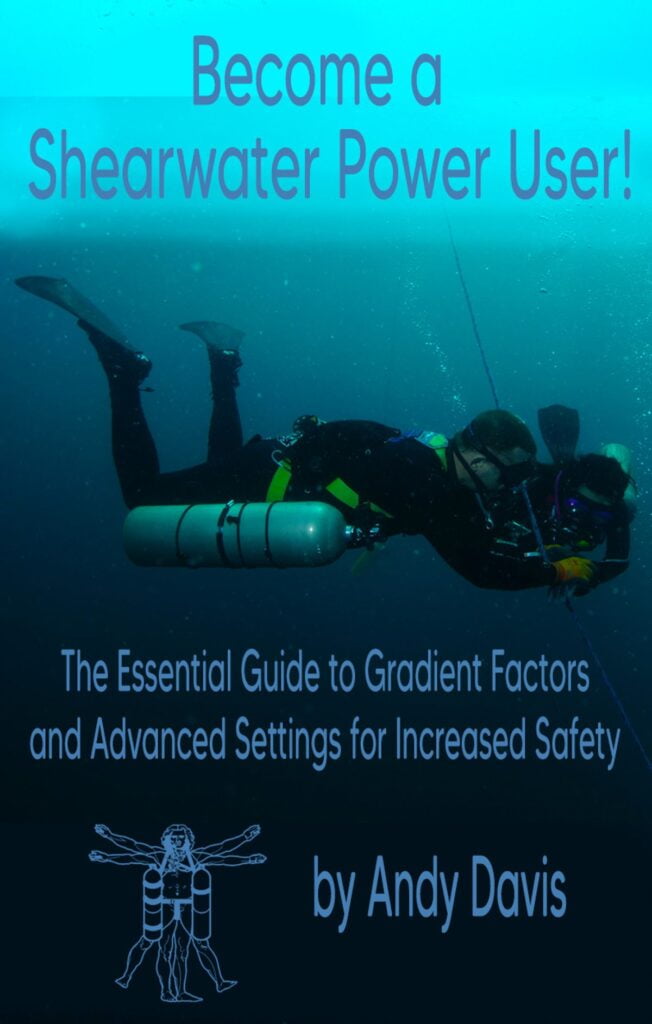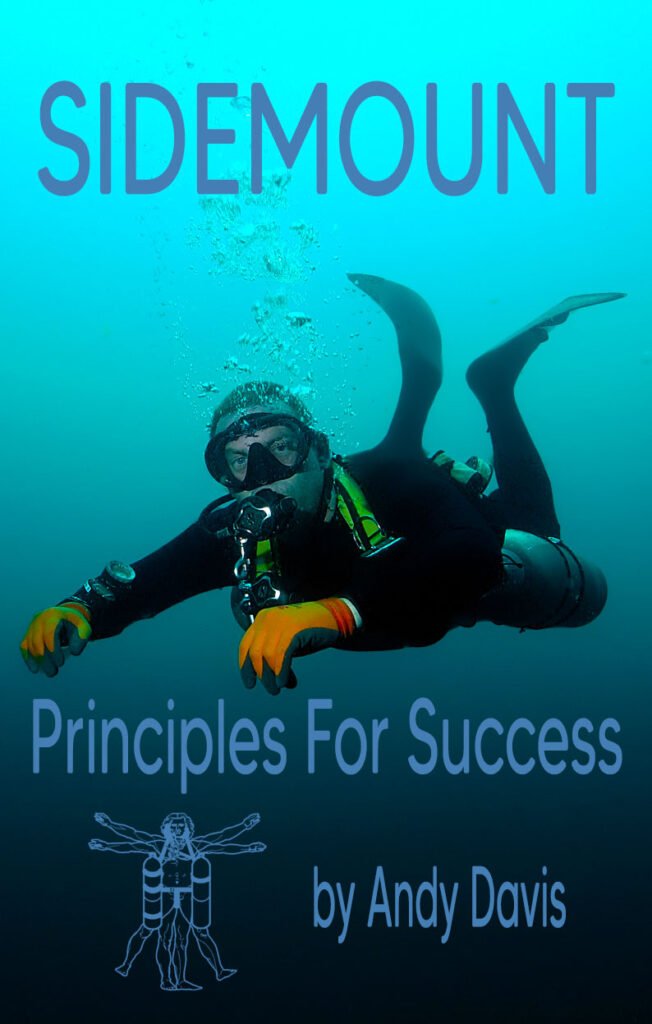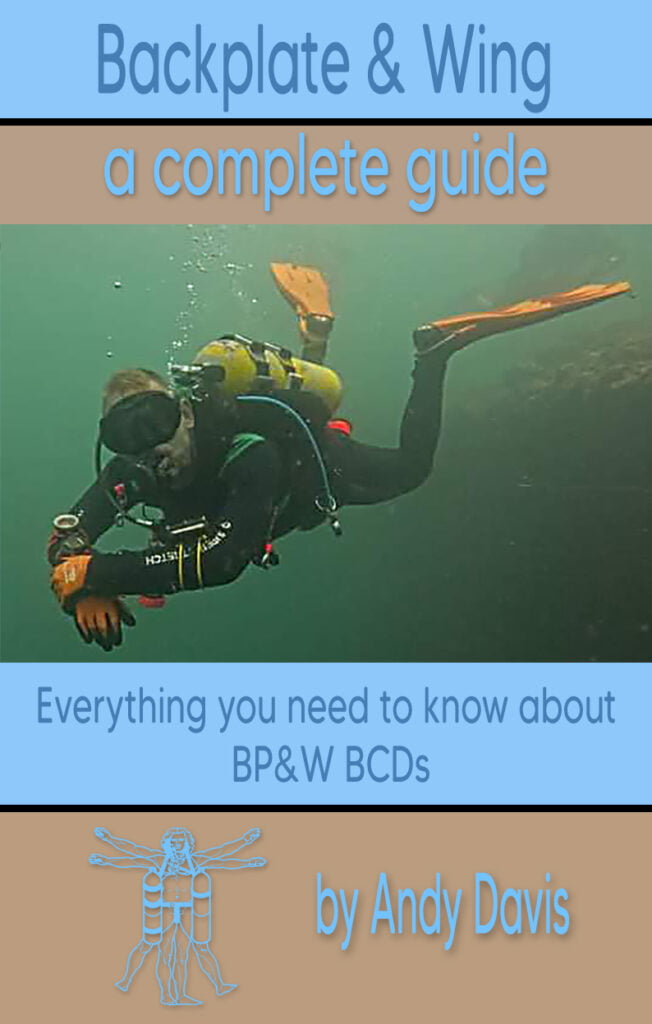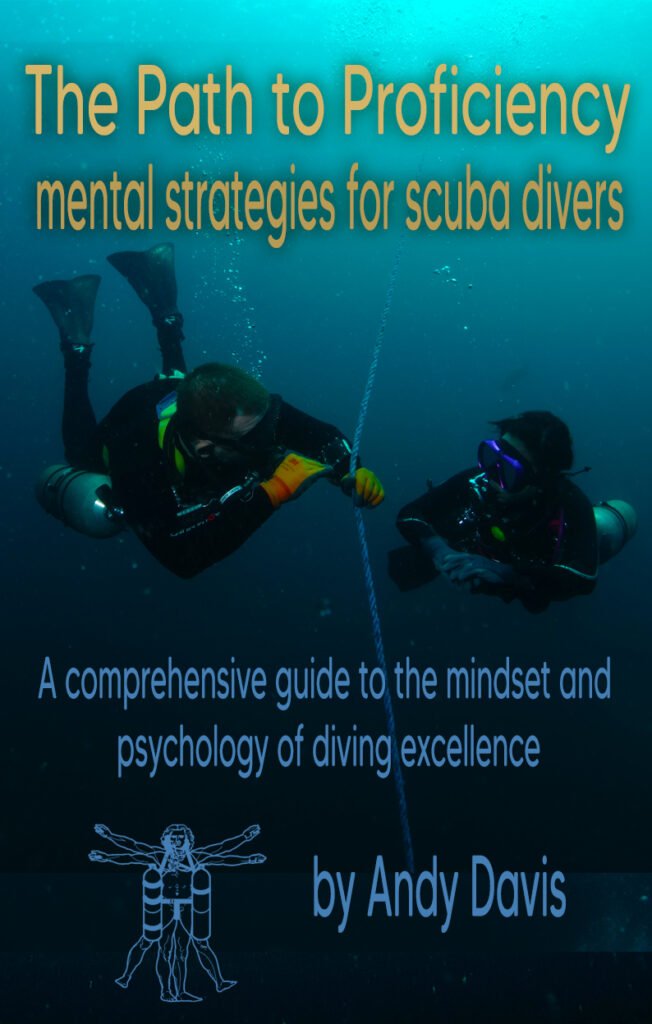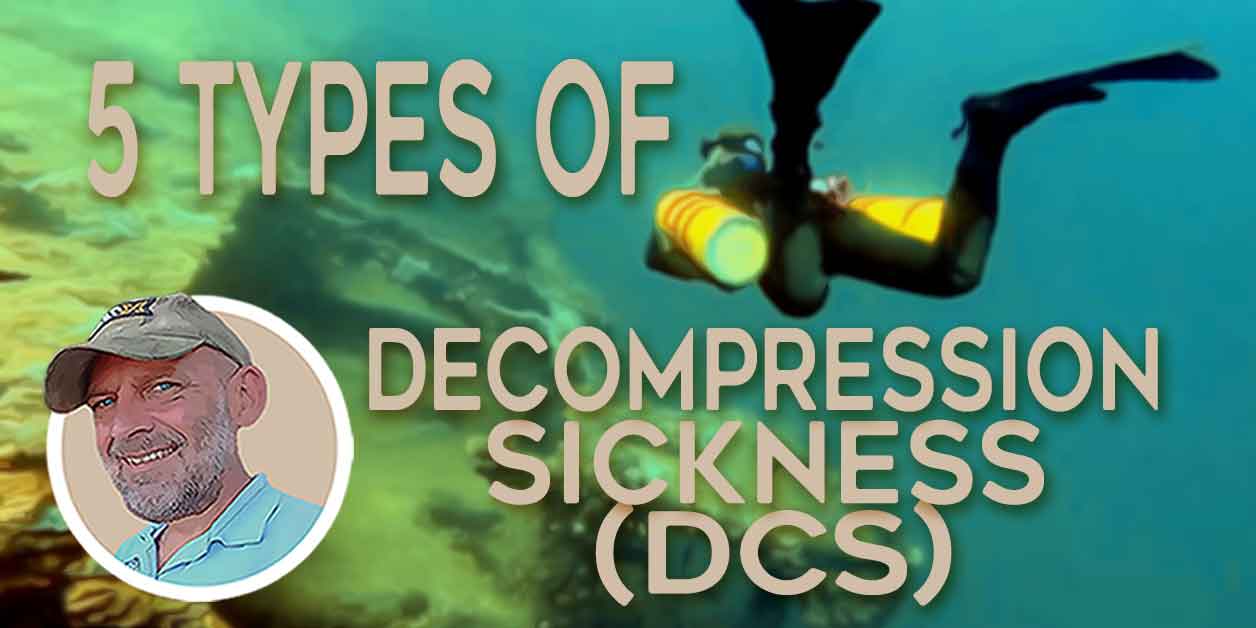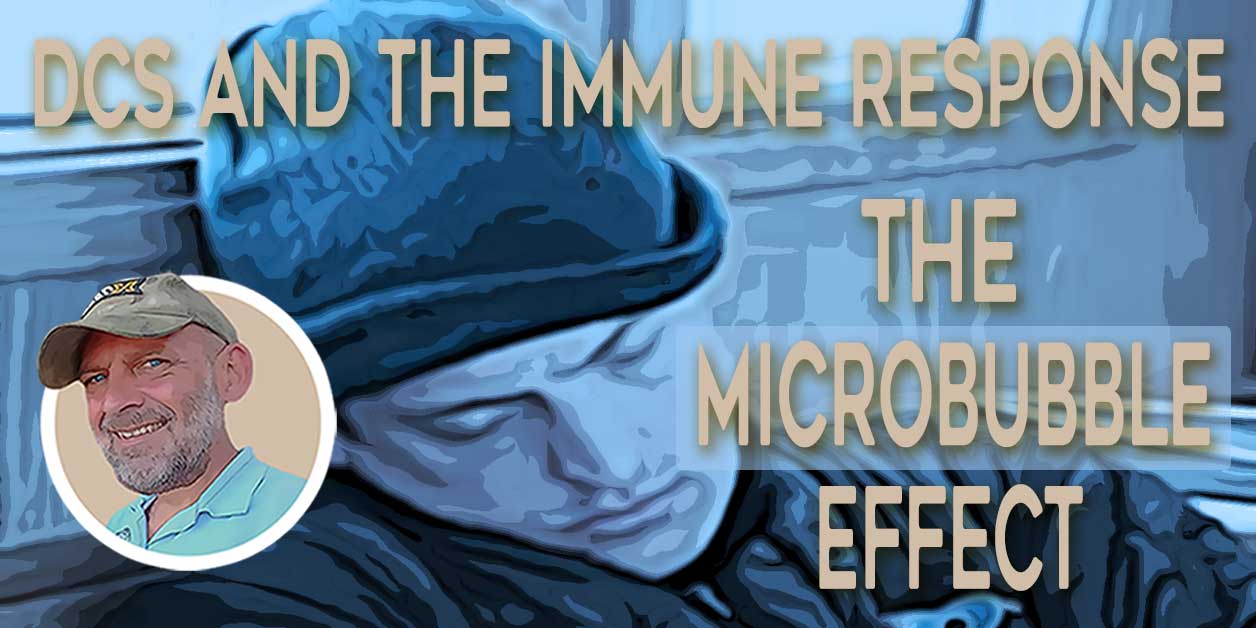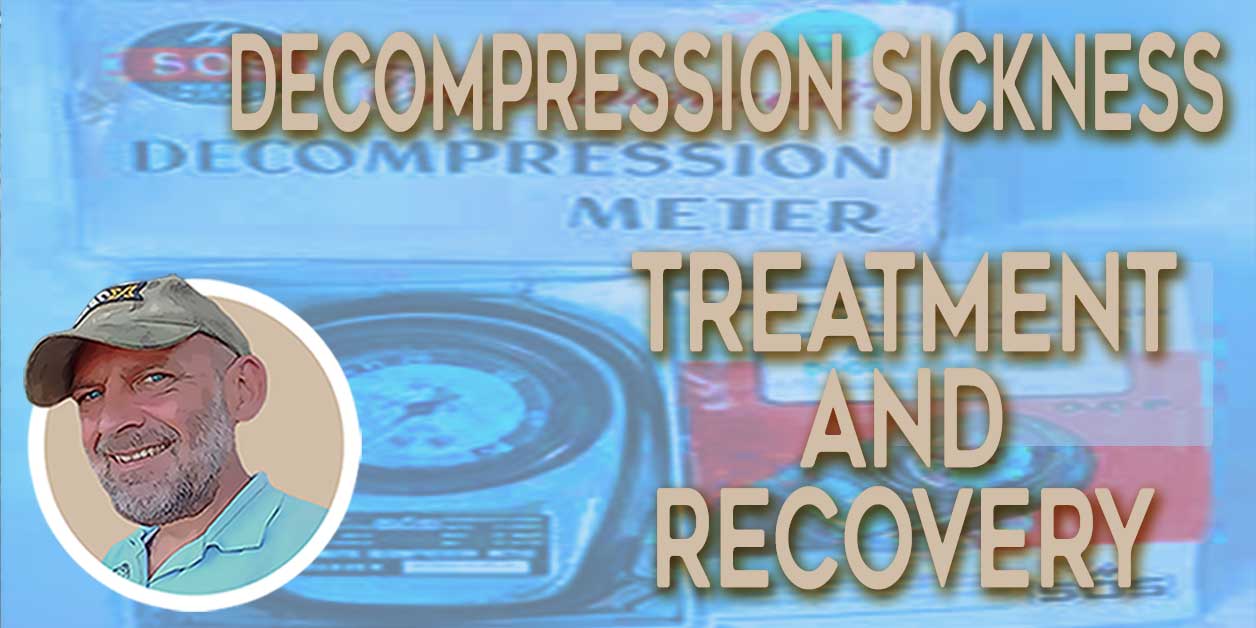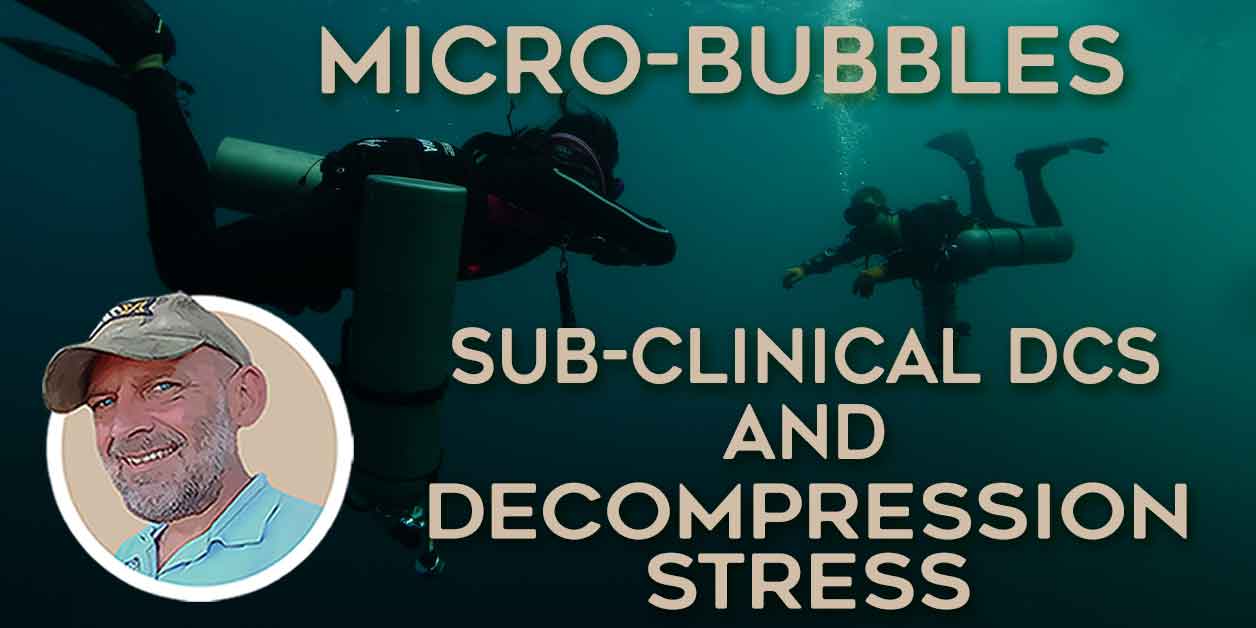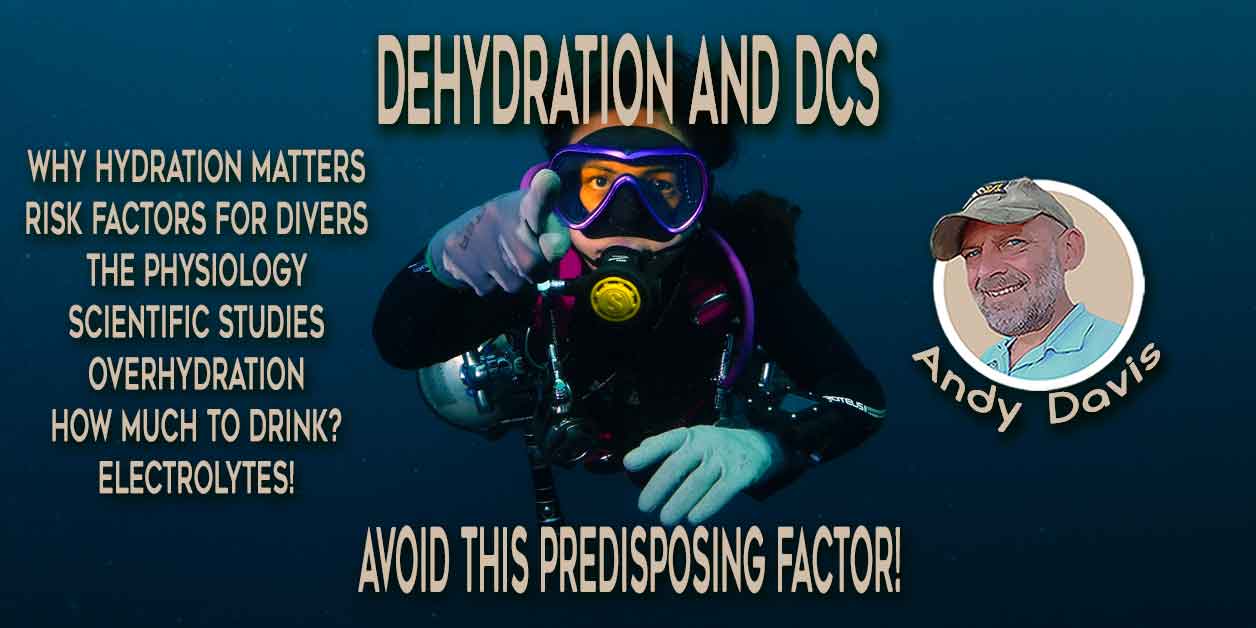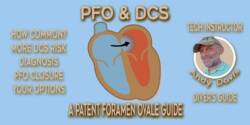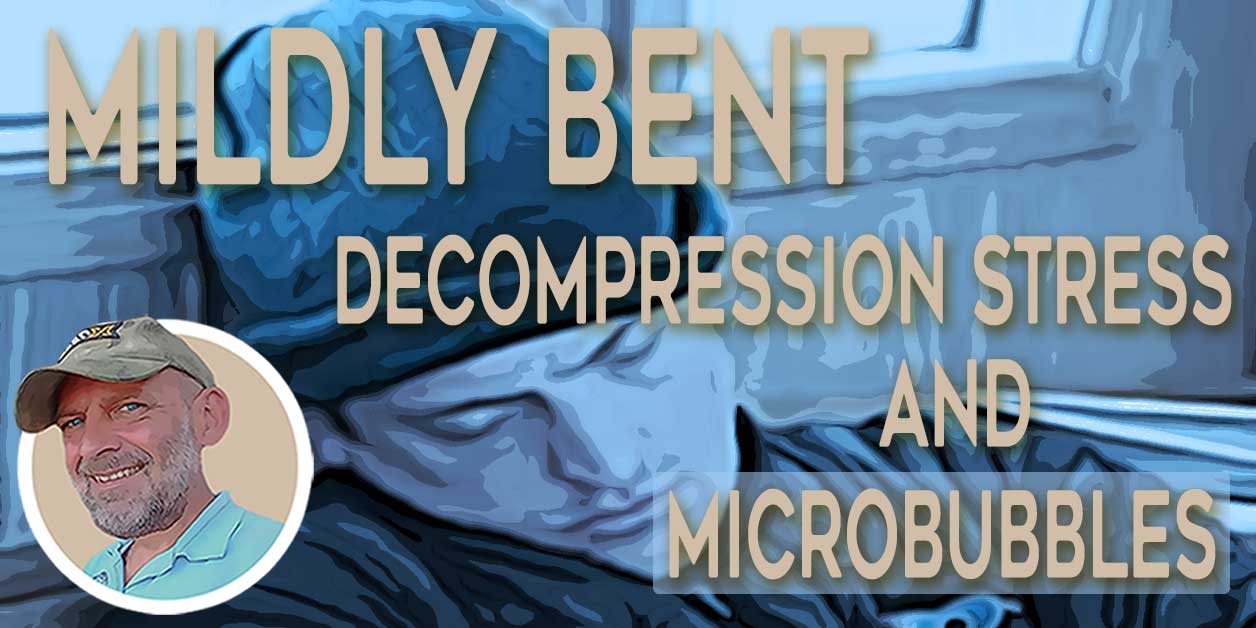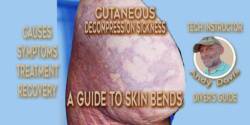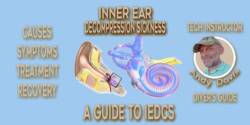The Complement System When Diving: DCS And Immune Response
Blog note: The role of the immune response in DCS is not well understood by many divers. I reproduced this article from ScubaDoc, as I thought it valuable for understanding the wider implications of sub-clinical DCS, especially the issue of ‘post-dive fatigue’ that indicates unhealthy decompression stress.
This article ‘The Complement System and Diving’ illustrates that bubbles cause an immune-system response (with predicted damaging consequences in the long term), and also shows how individual tolerances can play a big role in the degree of immune-system (complement system) activation.
From my (very limited) medical understanding, the frequency (number) of bubbles would have a much more direct impact on an immune-system response. Therefore, sub-clinical DCS doesn’t present the size of bubbles needed to provoke the symptoms (pain, rash etc) that justify chamber rides; but the quantity of (micro) bubbles can still bring about harmful changes in blood/brain chemistry. The symptoms of these changes is unusual post-dive fatigue, lethargy, sleepiness and decreased vitality.
Preventing the formation of microbubbles, or resolving them at the earliest possible opportunity, may have significant health impacts for divers. | Andy Davis
The complement system when diving
by Dr. Ernest Campbell FACS
Considerable research over the past 10 years has been directed toward elucidation of the complement system and it’s effect on the body in association with bubbles. Reviewed nicely in 1997 by Andrea Zaferes in the magazine ‘Immersed’, the complicated but important field of how bubbles cause damage is slowly but clearly being brought to light.
Immune response and DCS
Long thought to be a simple process of blockage of vessels and infarction, it has now been shown that there is a tripping of the complement system and the immune system (T- and B- leucocytes) when bubbles form from decompression. This immune response has a domino effect on blood chemistry that leads to marked changes in the tissues long after the bubbles are gone.
Work has also been done that shows the importance of early treatment. The longer the period of waiting after a decompression incident, the more blood chemistry changes occur and the greater the damage done, emphasizing the importance of early recompression in the treatment of decompression illness.
Immune response conditioning from repeated diving may reduce DCS incidence
Very interesting studies have also shown that activation of the complement system may acclimate you to the effects of a decompression accident. This might be a ‘using up’ process of multiple shallow dives with sub clinical bubbling causing complement activation and having little or none present when a subsequent deeper dive is done. This same process might be the explanation of the excessive fatigue that many divers describe after diving – the fatigue actually being the complement activation damage that is know to occur distant from local bubble sites and the hemoconcentration that occurs.
Sensitive immune response may be a DCS pre-disposing factor
Individuals who have greater sensitivity to complement activation may be at greater risk for DCS manifestation and more severe DCS injury. Conversely, those with chronically ‘used up’ complement may be a lesser risk, as in the chronic asthmatic or the atopic patient.
Finally, there might be individual variation in the sensitivity to DCS. Divers who are complement sensitive have a higher rate of DCS. Sensitivity is defined by the level of C5a increase following plasma incubation with bubbles in vitro. However, Lundgren and associates were unable to show this effect in their report in 1997.
Interestingly, workers have also found that cobra venom factor ends the manifestations of DCS in rabbits.
Read more highly educational diving medical articles at scuba-doc.com
References:
Shastri KA, Logue GL, Lundgren CE. Related Articles
In vitro activation of human complement by nitrogen bubbles.
Undersea Biomed Res. 1991 May;18(3):157-65.
Bergh K, Hjelde A, Iversen OJ, Brubakk AO.
Variability over time of complement activation induced by air bubbles in human and rabbit sera.
J Appl Physiol. 1993 Apr;74(4):1811-5.
Ward CA, McCullough D, Fraser WD.
Relation between complement activation and susceptibility to decompression sickness.
J Appl Physiol. 1987 Mar;62(3):1160-6.
Shastri KA, Logue GL, Lundgren CE, Logue CJ, Suggs DF.
Diving decompression fails to activate complement.
Undersea Hyperb Med. 1997 Jun;24(2):51-7.
Ward CA, McCullough D, Yee D, Stanga D, Fraser WD.
Complement activation involvement in decompression sickness of rabbits.
Undersea Biomed Res. 1990 Jan;17(1):51-66.
Pekna M, Ersson A.
Complement system response to decompression.
Undersea Hyperb Med. 1996 Mar;23(1):31-4.
Brook WH, Secombe J, Seychell D.
Complement levels and exposure in the hypobaric chamber.
Aviat Space Environ Med. 1995 May;66(5):415-7.
Hjelde A, Bergh K, Brubakk AO, Iversen OJ.
Complement activation in divers after repeated air/heliox dives and its possible relevance to DCS.
J Appl Physiol. 1995 Mar;78(3):1140-4.
Katuntsev VP, Kozlov LV, Shcherbakova MA, Ageev VP, Sizoi MN.
[Effect of decompression on the compliment system].
Aviakosm Ekolog Med. 1993 May-Jun;27(3):22-8. Russian.
Stevens DM, Gartner SL, Pearson RR, Flynn ET, Mink RB, Robinson DH, Dutka AJ.
Complement activation during saturation diving.
Undersea Hyperb Med. 1993 Dec;20(4):279-88.
Zhang J, Fife CE, Currie MS, Moon RE, Piantadosi CA, Vann RD.
Venous gas emboli and complement activation after deep repetitive air diving.
Undersea Biomed Res. 1991 Jul;18(4):293-302.
Huang KL, Lin YC.
Activation of complement and neutrophils increases vascular permeability during air embolism.Aviat Space Environ Med. 1997 Apr;68(4):300-5.
Read more here:
Mildly Bent: Decompression Stress and Micro-Bubbles
Decompression Sickness And the Immune System
About The Author

Andy Davis is a RAID, PADI TecRec, ANDI, BSAC, and SSI-qualified independent technical diving instructor who specializes in teaching sidemount, trimix, and advanced wreck diving courses.
Currently residing in Subic Bay, Philippines; he has amassed more than 10,000 open-circuit and CCR dives over three decades of challenging diving across the globe.
Andy has published numerous diving magazine articles and designed advanced certification courses for several dive training agencies, He regularly tests and reviews new dive gear for scuba equipment manufacturers. Andy is currently writing a series of advanced diving books and creating a range of tech diving clothing and accessories.
Prior to becoming a professional technical diving educator in 2006, Andy was a commissioned officer in the Royal Air Force and has served in Iraq, Afghanistan, Belize, and Cyprus.
In 2023, Andy was named in the “Who’s Who of Sidemount” list by GUE InDepth Magazine.
Purchase my exclusive diving ebooks!
Originally posted 2015-12-15 14:03:50.


